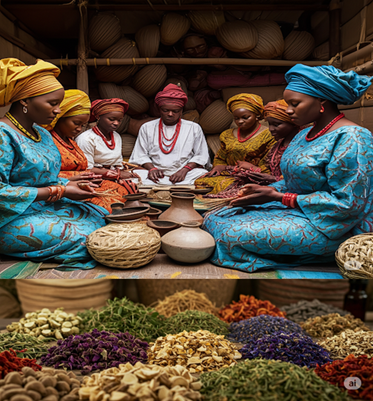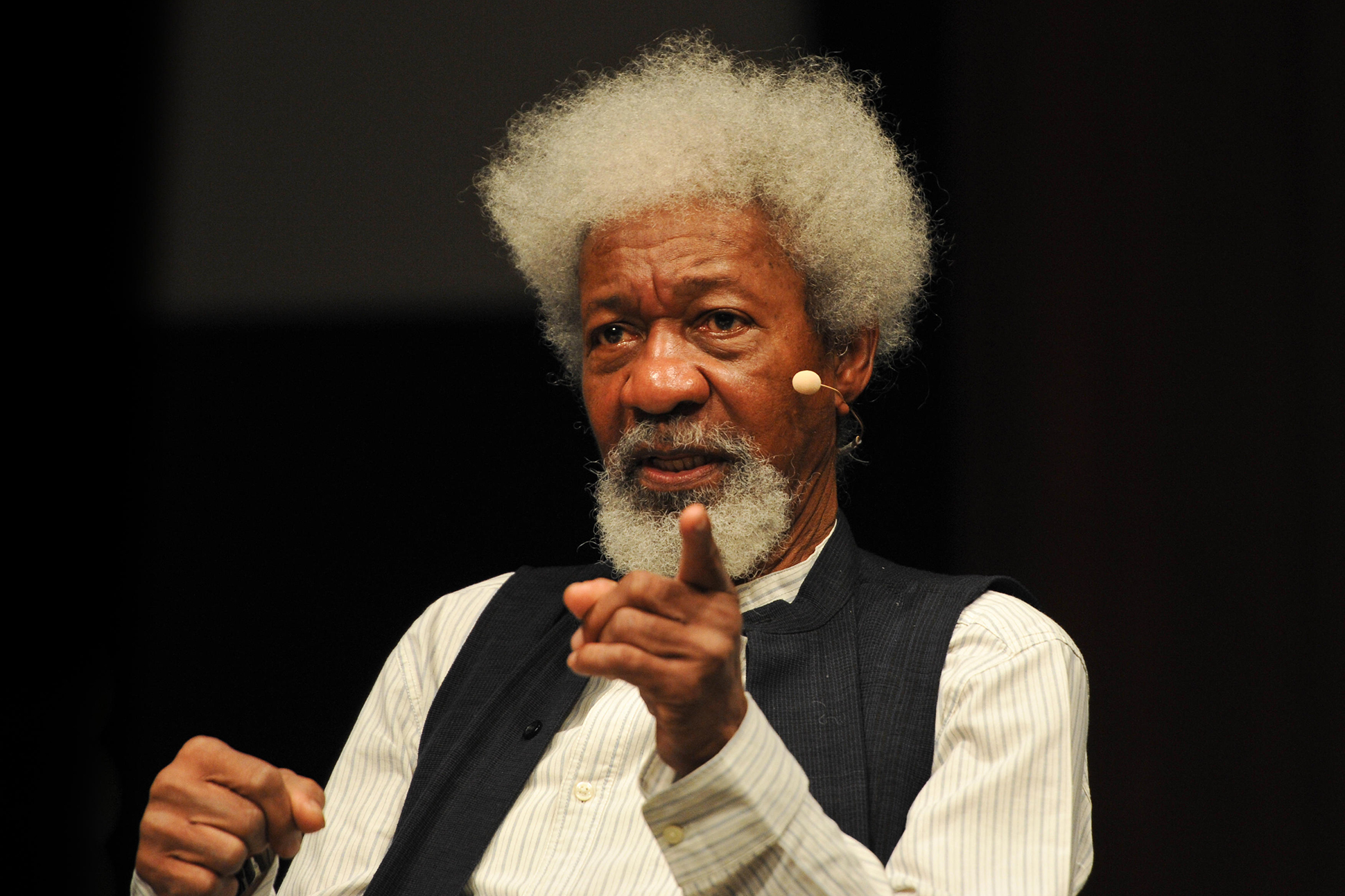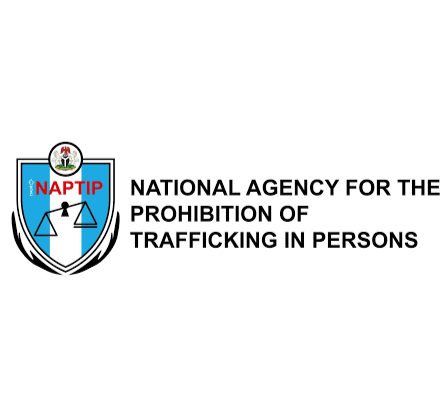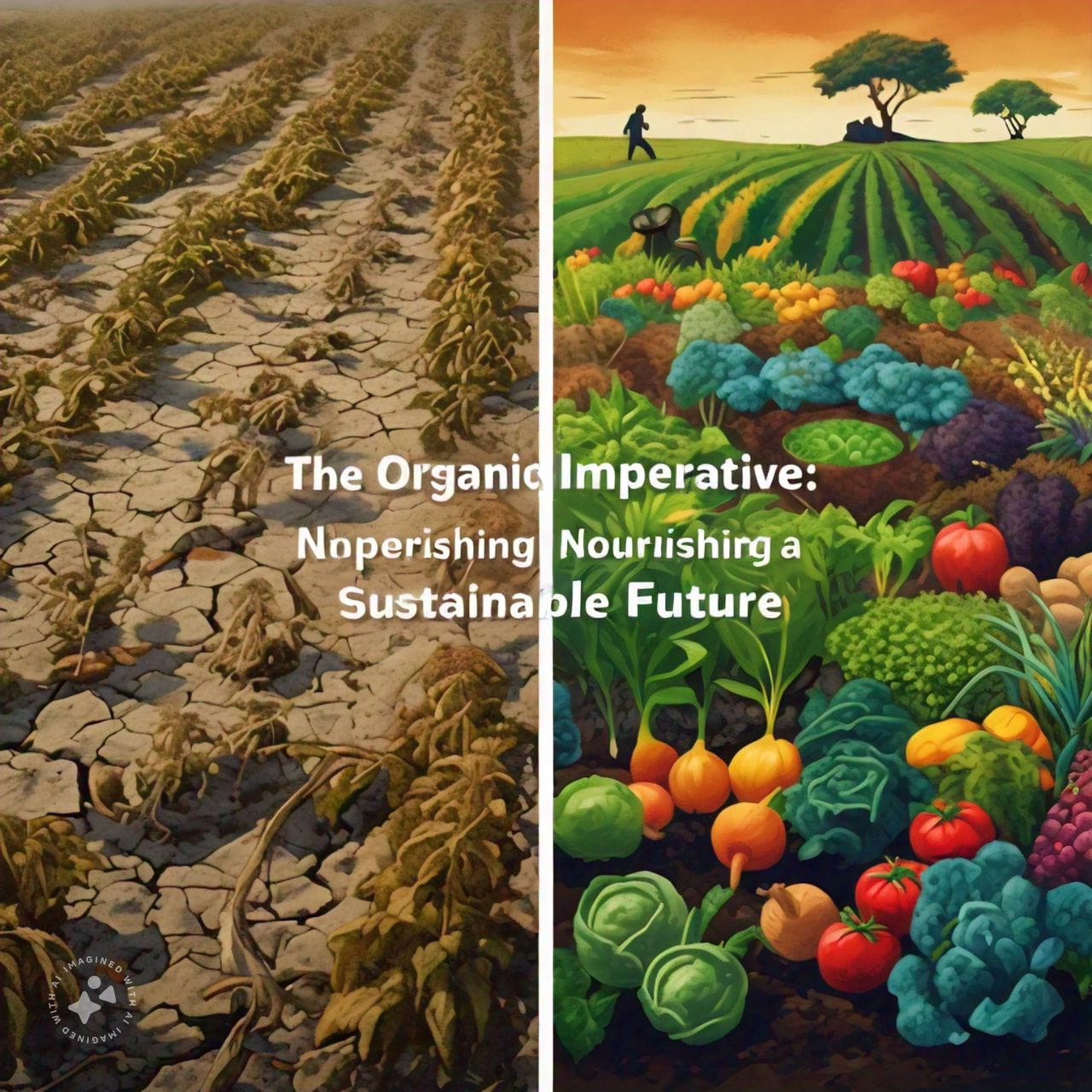By Dr. Iyke Ezeugo
The rhythmic pulse of ancient wisdom often goes unheard amidst the clamor of modernity, leaving its invaluable insights unprotected and underutilized. This holds particularly true for intellectual property (IP), the often-invisible engine driving innovation and creativity. From the soul-stirring melodies of local artists and the compelling narratives crafted by social media content creators to the intricate designs of artisans and the groundbreaking discoveries of scientists, IP underpins both economic prosperity and cultural vibrancy. Yet, a significant majority of individuals possessing truly valuable intellectual property remain either unaware of its worth or lack the means to safeguard it, allowing substantial opportunities to slip away.
This critical oversight casts a long shadow over the revered field of traditional and natural medicine, a practice that has served as the cornerstone of human and animal well-being for millennia, predating synthetic remedies. This rich embroidery of knowledge, woven through generations, has provided effective, safe, and culturally relevant solutions to countless ailments, underscoring its indispensable role in our collective evolution. It stands as one of humanity's most profound and valuable knowledge systems, a living archive of remedies and preventative care.
Paradoxically, despite its profound legacy, much of this irreplaceable traditional knowledge faces an existential threat. Often transmitted orally, this knowledge risks vanishing as practitioners age without effective preservation and systematic transfer. Compounding this, the very botanical resources – the potent herbs and roots that form the essence of these cures – are facing extinction due to a lack of awareness, unsustainable harvesting practices, and environmental degradation. The practitioners themselves, despite often possessing confirmed knowledge of effective solutions to ailments that even modern synthetic medicines struggle with, typically operate on a subsistence scale, akin to peasant farmers. Their impact, though vital, is often confined to a handful of individuals within their immediate communities, a stark contrast to the global reach their knowledge could potentially achieve.
This unfortunate situation is perpetuated by a confluence of factors. Many practitioners are hindered by their own lack of awareness regarding intellectual property and its strategic application, operating within a restrictive environment that offers little support for formalizing their craft. Others contend with complex and often mismatched regulatory frameworks, a deep-seated fear of exposing hard-earned trade secrets, ingrained misconceptions about modern business practices, and, significantly, active suppression from certain quarters of orthodox medicine that often occupy influential positions within governmental regulatory bodies and healthcare institutions. Furthermore, a pervasive lack of entrepreneurial acumen prevents many from translating their invaluable skills and knowledge into thriving, scalable enterprises without inadvertently compromising their intellectual property or revealing their closely guarded secrets.
Imagine the transformative power if this traditional wisdom were to be fully harnessed. It holds the potential to profoundly alter the lives of practitioners, uplift their immediate communities, enrich society as a whole, and offer humanity a broader spectrum of healing solutions. Nations like China, India, and Japan, which have long understood and championed the value of traditional and natural medicines, have masterfully integrated these practices into their national healthcare systems. They are now reaping immense benefits, particularly as global trends increasingly lean towards natural, holistic approaches to health and vitality.
Apparently, it is precisely to bridge these critical gaps and unleash this vast, latent potential that the World Intellectual Property Organization (WIPO), in a vital collaboration with Nigeria's Federal Ministry of Trade and Investment, is actively engaging with practitioners across Nigeria. A recent, crucial workshop held at the UN House in Abuja from May 13th to 15th, served as a powerful testament to this commitment, though attendance was notably weighted towards practitioners from the urban centers of Abuja, Lagos, Kano, Kaduna, etc. To truly tap into Nigeria's rich traditional knowledge, greater efforts are needed to reach and engage practitioners from the rural communities spread across the Nigerian states, who often hold a deeper reservoir of this wisdom. More so, each state and culture has their unique practices that will enhance the overall values when harnessed. Nevertheless, the workshop meticulously focused on patent registration and a broader understanding of intellectual property protection alongside the regulatory frameworks, specifically tailored for traditional and herbal medicine practitioners. This initiative unequivocally signals WIPO's recognition of the invaluable role of traditional knowledge and its unwavering dedication to empowering its custodians.
The Knowledge Economy: Where Ideas Become Gold
In this unfolding epoch, often dubbed the information or knowledge age, knowledge is no longer just power; it is the ultimate currency. It forms the bedrock of survival, from grassroots innovation to the apex of global leadership. Those who keenly understand the intricate dynamics of this knowledge-driven economy and strategically deploy intellectual property are positioned not merely for growth, but for exponential leaps in wealth creation, far outstripping their contemporaries. IP, in essence, is the legal scaffolding that transforms the ephemeral assets of the mind – ideas, innovations, creative expressions – into tangible, valuable, and marketable commodities. It bestows a decisive competitive advantage, vigorously fostering innovation, drawing crucial investment, and empowering creators to control and profit from their intellectual ingenuity. It is, therefore, the fundamental building block for sustained economic development.
The recent WIPO workshop in Abuja, a landmark event, provided an immersive and in-depth exploration of key IP aspects directly relevant to natural, traditional and herbal medicine practitioners. Beyond general IP education, it meticulously dissected the nuances of protecting intellectual properties within this unique domain. The workshop also served as a powerful unveiling of WIPO's broader strategic efforts in Nigeria, illuminating both the systemic challenges and the immense, untapped opportunities awaiting this vital sector.
WIPO's proactive engagement in Nigeria, spearheaded by its Nigeria Office in Abuja (established in January 2020 and ably led by Mr. OluwaTobiLoba Moody), is a testament to its commitment to fostering IP awareness and capacity building across diverse sectors, with a particular emphasis on traditional knowledge. The program was ably anchored by Ms. Fei Jiao, WIPO programs officer in Geneva. It is interesting to learn that WIPO commitment manifests through various impactful initiatives:
- Project 1%: This visionary initiative aims to bring comprehensive IP education to a significant portion of Nigeria's dynamic youth and student population. Its curriculum is thoughtfully designed to encompass a wide array of critical topics, including copyright, trademarks, industrial designs, patents, unfair competition, WIPO treaties, plant varieties, and, pivotally, traditional knowledge, traditional cultural expressions, and genetic resources. This expansive program unequivocally demonstrates WIPO's steadfast commitment to educating on the robust protection of traditional knowledge.
- WIPO Online Academy: A growing number of Nigerians are actively leveraging this accessible platform for foundational IP training, democratizing access to crucial knowledge.
- Access to Technology Information: WIPO actively facilitates access for innovators in developing countries to vital technology information and related services. This indirectly but powerfully supports traditional medicine practitioners in understanding and strategically leveraging IP for their benefit.
- International Negotiations and Technical Assistance: WIPO plays a pivotal role in facilitating international negotiations and extending technical assistance to member states in crafting robust policies and legislation pertaining to genetic resources, traditional knowledge, and traditional cultural expressions. This constitutes a core pillar of WIPO's global mandate and is directly applicable and highly beneficial to Nigeria.
My personal interest in x-raying the above is rooted in the fact that these initiatives are not merely timely; they are strategically crucial in light of the evolving global intellectual property landscape. Observing the profound impact of this workshop, it becomes clear that it should be immediately followed by meticulously tailored entrepreneurship programs. These programs would empower herbal and traditional medicine practitioners to effectively leverage their IP, talent, and skills for accelerated economic development and sustainable growth, mirroring the remarkable achievements of their counterparts in countries like China, India, and Japan, who have successfully capitalized on similar resources.
Navigating the Labyrinth: Challenges and Solutions for Traditional Medicine in Nigeria
Despite the boundless potential inherent in Nigeria's traditional medicine sector, practitioners confront a formidable array of challenges that impede their growth, limit their reach, and diminish their rightful societal impact:
- The Regulatory Maze and Market Access Barriers: A pervasive lack of clear, streamlined, and culturally sensitive regulatory frameworks specifically designed for traditional medicines creates significant hurdles. This often prevents formal recognition, complicates product registration, and severely restricts access to broader, more lucrative markets. Meeting the often-unrealistic standards designed for synthetic pharmaceuticals further exacerbates this issue.
- Solution: The fundamental issue is a regulatory mismatch. A robust solution requires the urgent development of a comprehensive national policy and a sui generis (unique) legal framework dedicated to traditional knowledge and medicine. This framework must prioritize cultural sensitivity, simplify product registration processes without compromising public safety, and establish distinct, supportive pathways for traditional medicine products to enter mainstream markets. This could involve specialized labeling, certifications (e.g., "Traditional Nigerian Medicine Certified"), and designated market segments. Collaborative efforts are paramount, requiring active engagement with regulatory bodies like NAFDAC, the Federal Ministry of Health, and even the Ministry of Science, Technology and Innovation to ensure holistic integration. This legal and policy shift would also empower traditional medicine councils to play a stronger role in self-regulation and quality assurance.
- Quality Consistency and Standardization Deficits: Inconsistent quality control, coupled with an absence of standardized preparation methods and ingredient sourcing, erodes consumer trust and severely limits the wider acceptance and scaling of traditional remedies. The variability in potency and purity can be a major deterrent for scientific validation and broader market adoption.
- Solution: Beyond general GMP, solutions must be culturally nuanced. Establishing community-led, culturally appropriate documentation centers for traditional knowledge is crucial. These centers, built on principles of prior informed consent and benefit-sharing, would meticulously record traditional recipes, preparation methods, and ethno-botanical information, acting as a bulwark against loss and misappropriation. Encouraging the adoption of Good Agricultural and Collection Practices (GACP) for raw materials and Good Manufacturing Practices (GMP) for processing, adapted for traditional contexts, is essential. This could involve establishing shared, modern processing facilities that meet hygienic standards, offering training in sustainable harvesting, and developing national standards for raw materials and finished products, potentially with a tiered system that respects traditional practices while ensuring efficacy and safety. This would foster a culture of quality without stifling innovation.
- Critical Knowledge Gaps and Entrepreneurial Deficiencies: While deeply knowledgeable in their craft, many practitioners lack essential formal business acumen. They often struggle with strategic marketing, financial management, brand building, and, critically, a fundamental understanding of intellectual property rights. This severely limits their ability to scale their operations, attract investment, and effectively commercialize their practices.
- Solution: Tailored entrepreneurship programs are not merely beneficial; they are indispensable. These programs must move beyond generic business models and specifically address the unique challenges and opportunities of traditional medicine. Curriculum should cover the core aspects of market analysis for natural health products, digital marketing strategies (especially leveraging social media), understanding export requirements for herbal products, intellectual property asset management (e.g., how to use trademarks effectively), and developing robust business plans. Special attention must be paid to the issues of Total Quality Management System (TQM), enterprise construction, incubation, leadership tailored to their operating environments specifics. Partnerships with local business incubators, accelerators, and financial institutions could provide mentorship, seed funding, and access to networks, nurturing these micro-enterprises into scalable ventures.
- Traditional Mentality and Resistance to Modernization: A deep-seated adherence to traditional beliefs, coupled with a legitimate fear of losing carefully guarded trade secrets or a general distrust of external, formal institutions, can lead to resistance towards adopting modern business practices or engaging with formal IP systems.
- Solution: Building trust is paramount and requires sustained, culturally sensitive engagement. Workshops must be delivered in local languages, in formats that resonate with traditional communities, and involve respected community elders. Emphasize that IP protection, far from exposing secrets, can actually safeguard them and provide legal recourse against misappropriation. Highlight compelling local success stories of practitioners who have embraced IP and business development without compromising their traditional values. Frame IP as a tool for preservation and empowerment, rather than a threat to their heritage. WIPO's "Project 1%" can be leveraged here, by translating IP concepts into relatable narratives for traditional knowledge holders.
- Suppression, Misconceptions, and Inter-Professional Rivalry: Historical and ongoing friction between orthodox and traditional medicine practitioners, often fueled by profound misconceptions, a lack of scientific understanding of traditional remedies, and ingrained biases, leads to systematic suppression and marginalization within official healthcare and regulatory bodies.
- Solution: Fostering genuine interdisciplinary dialogue and collaborative research is crucial. This involves creating platforms where traditional and natural medicine practitioners, orthodox medical professionals, ethnobotanists, pharmacologists, and policymakers can engage respectfully. Prioritize scientific validation of effective traditional remedies, using rigorous but sector-relevant methodologies to build credibility and foster acceptance within the mainstream healthcare system. Develop joint research initiatives that combine traditional knowledge with modern scientific approaches (e.g., clinical trials for herbal remedies). Explore models for truly integrated healthcare systems where both orthodox and traditional medicine can ethically and effectively complement each other, recognizing the strengths of each. This requires a paradigm shift from antagonism to synergy.
- Biopiracy and the Threat of Misappropriation: The ever-present risk of external entities exploiting traditional knowledge, often from economically disadvantaged communities, without proper informed consent or equitable benefit-sharing, is a grave concern. This "biopiracy" can undermine the very foundation of traditional knowledge systems.
- Solution: Beyond general awareness, practitioners need practical tools to identify and respond to instances of misappropriation. This includes accessible legal aid services for IP disputes and mechanisms for reporting suspected biopiracy. Strengthening enforcement mechanisms within Nigeria's IP system is critical. Most importantly, the recent adoption of the WIPO Treaty on Intellectual Property, Genetic Resources and Traditional Knowledge is a monumental step. Nigeria must now rapidly move to ratify and implement this treaty into national law. This will establish legal safeguards for prior informed consent, benefit-sharing, and defensive protection, fundamentally altering the landscape for traditional knowledge holders and providing a robust legal framework to protect their heritage from exploitation.
By comprehensively and strategically addressing these multifaceted challenges, alongside continued, targeted support from global bodies like WIPO and committed national partners such as the Federal Ministry of Trade and Investment, Nigeria stands poised to unlock the immense potential of its traditional and herbal medicine sector. This will not only ensure its preservation and sustainable growth but also allow it to contribute significantly to national economic development and, ultimately, to the global quest for holistic health and well-being for generations to come. The time to empower this invaluable natural heritage is now.
The author gratefully acknowledges the invitation extended by Shefiu Adamu Mohammed, Director of the Federal Ministry of Trade and Investment, which enabled attendance at the WIPO workshop.



















